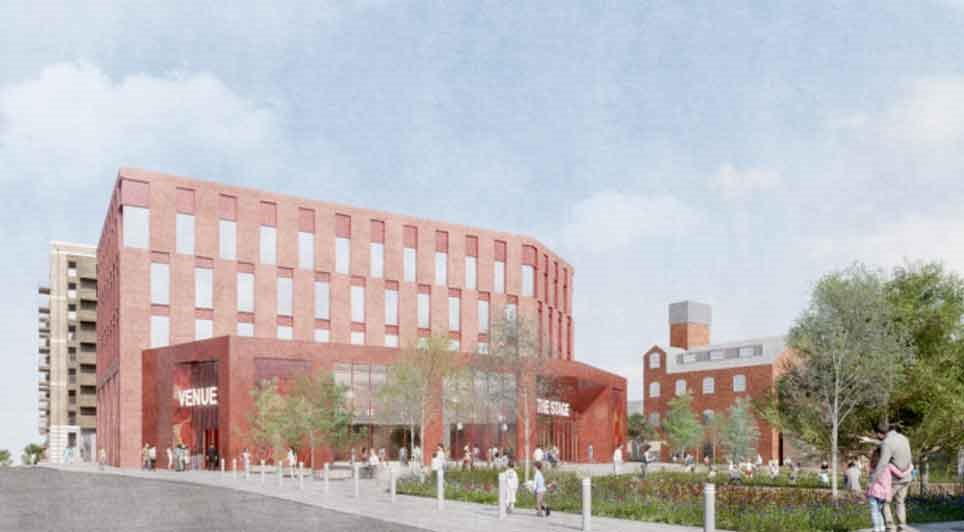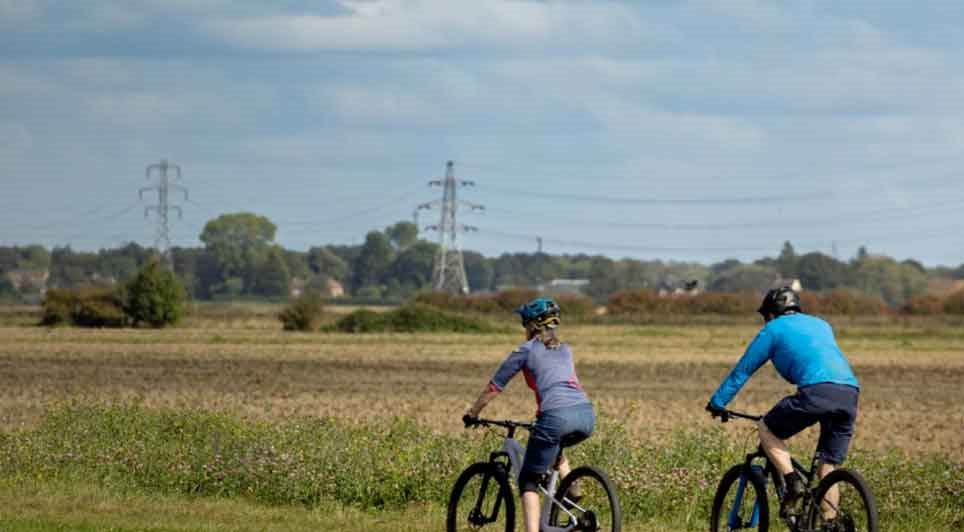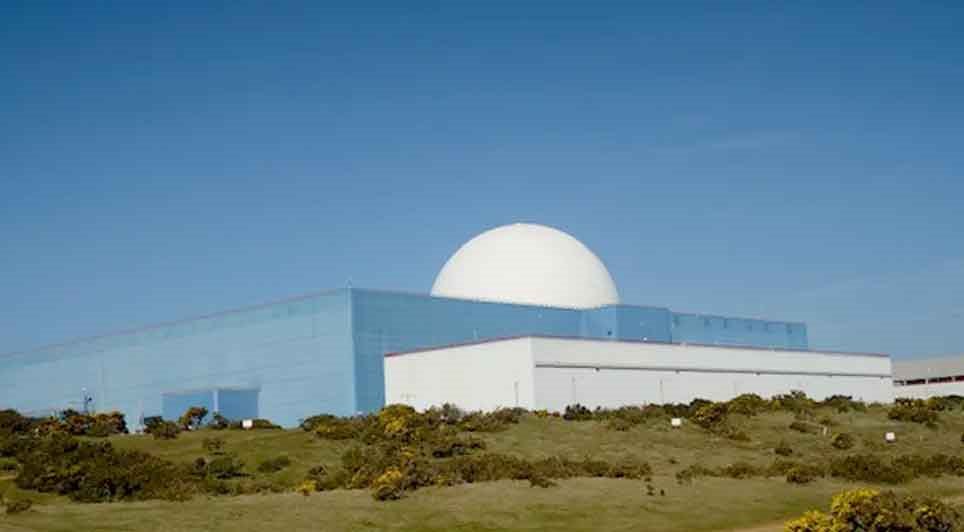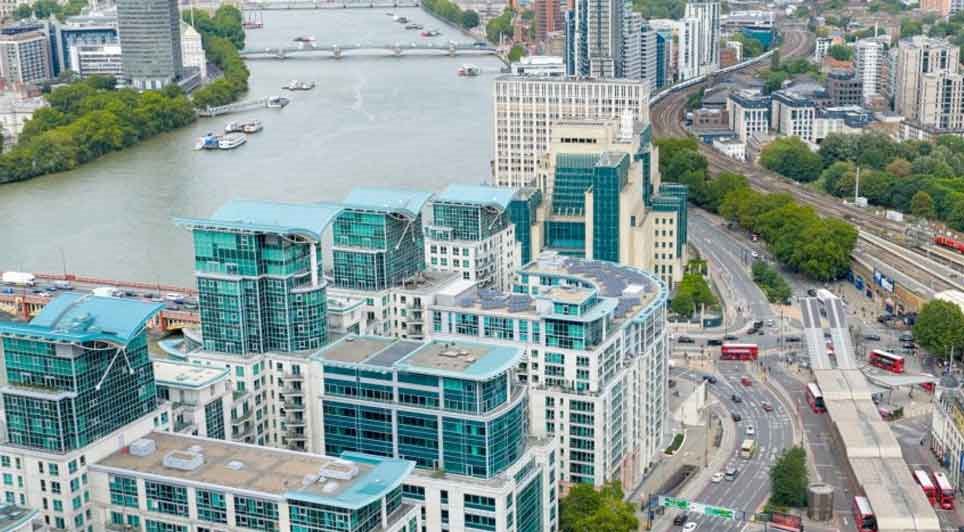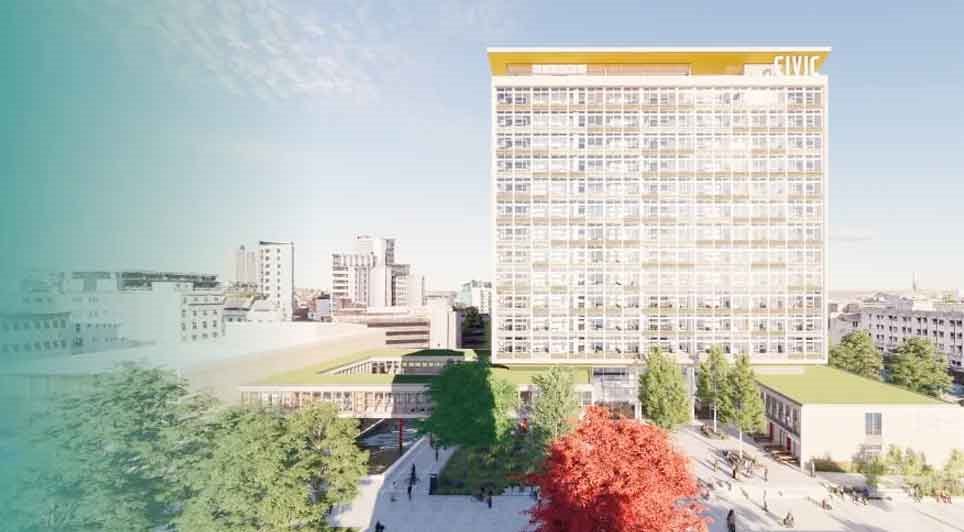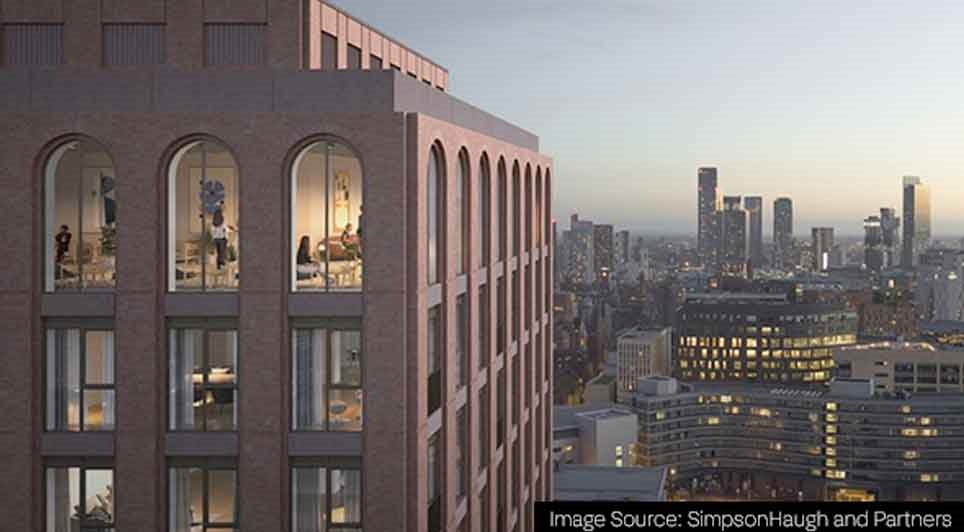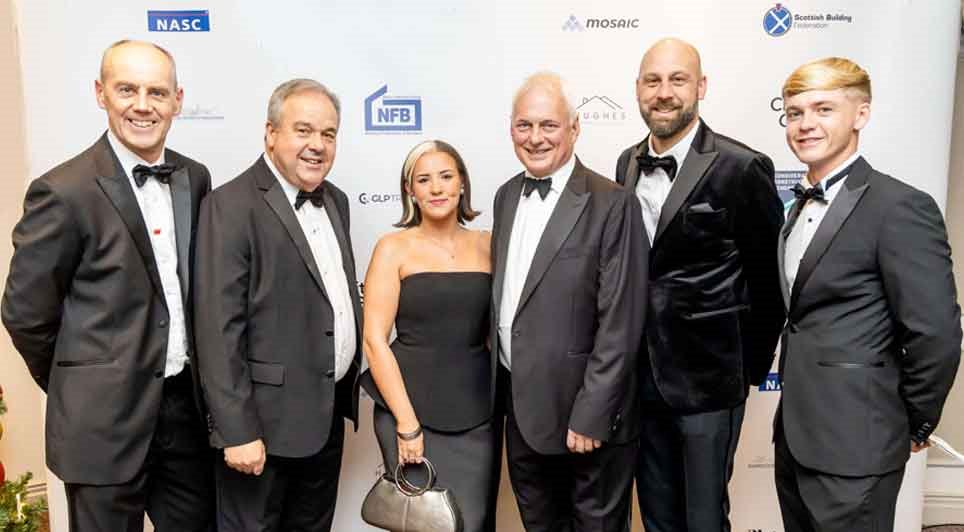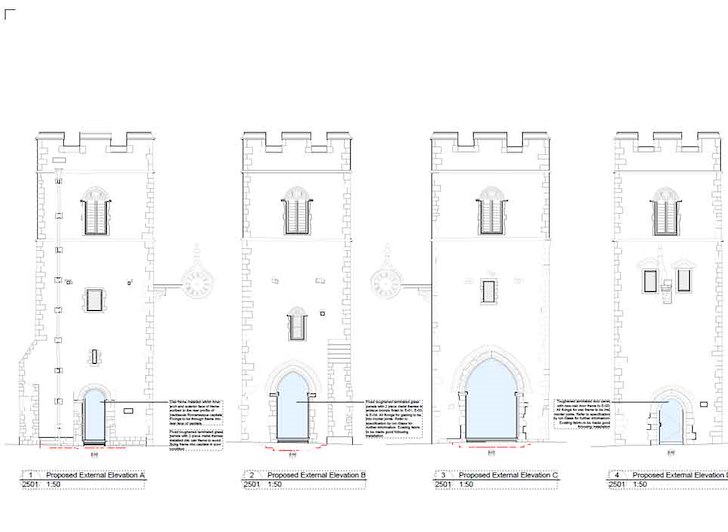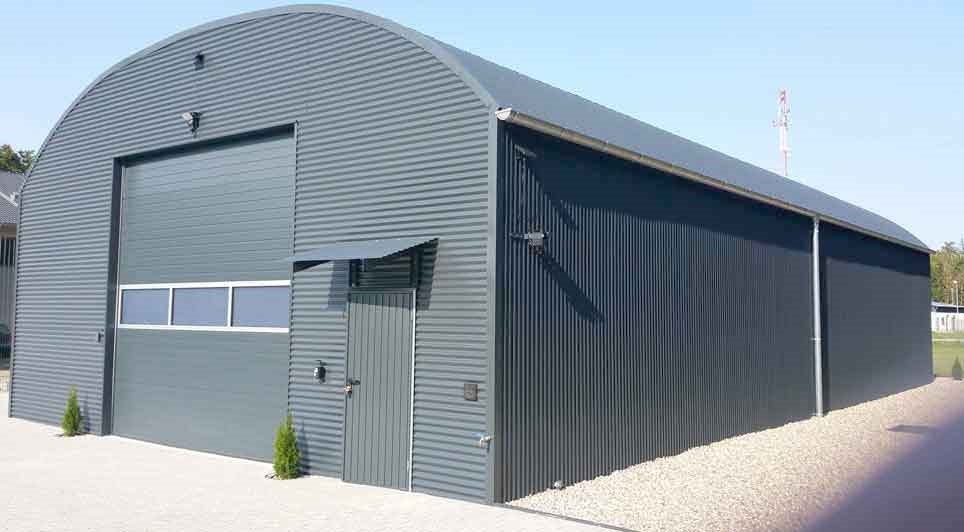Homeowners are not informed or prepared for the lifestyle changes needed to live in zero carbon homes, according to research launched by the NHBC Foundation. The report, 'Zero carbon: what does it mean for homeowners and housebuilders?', identifies the attitudes of homeowners and builders towards the 2016 zero carbon agenda and the Code for Sustainable Homes.
'Zero carbon: what does it mean for homeowners and housebuilders?' was commissioned to help understand current levels of knowledge and awareness, to assess the degree of homeowner engagement and understanding of the issues and to help government and industry meet the targets and achieve their objectives.
The research shows that, without government and industry intervention, homeowners could be discouraged by some of the possible features and requirements of Code level 6 zero carbon homes, including airtightness and the absence of amenities such as power showers.
There is also significant concern about the additional costs involved, and the reliability of the new technologies that will be necessary to make zero carbon homes a reality.
The research also showed that energy efficiency is not a major factor when people are purchasing a home. Most respondents claimed that they would prefer a higher specification kitchen or bathroom to personal investment in energy efficient measures.
Housing is currently responsible for approximately 30% of the UK's total energy use, as well as 27% of all carbon emissions.
The Rt Hon Nick Raynsford, MP, Chairman of the NHBC Foundation, said: "It is vital for homebuyers to actually want to live in zero carbon homes if they are to be a successful reality. If this does not happen, there is the distinct possibility that purchasers will decide against buying newly-built, low carbon properties. This could create serious problems both for the industry and for the Government's targets for three million new homes in England by 2020."
(CD/JM)
 UK
UK Ireland
Ireland Scotland
Scotland London
London


